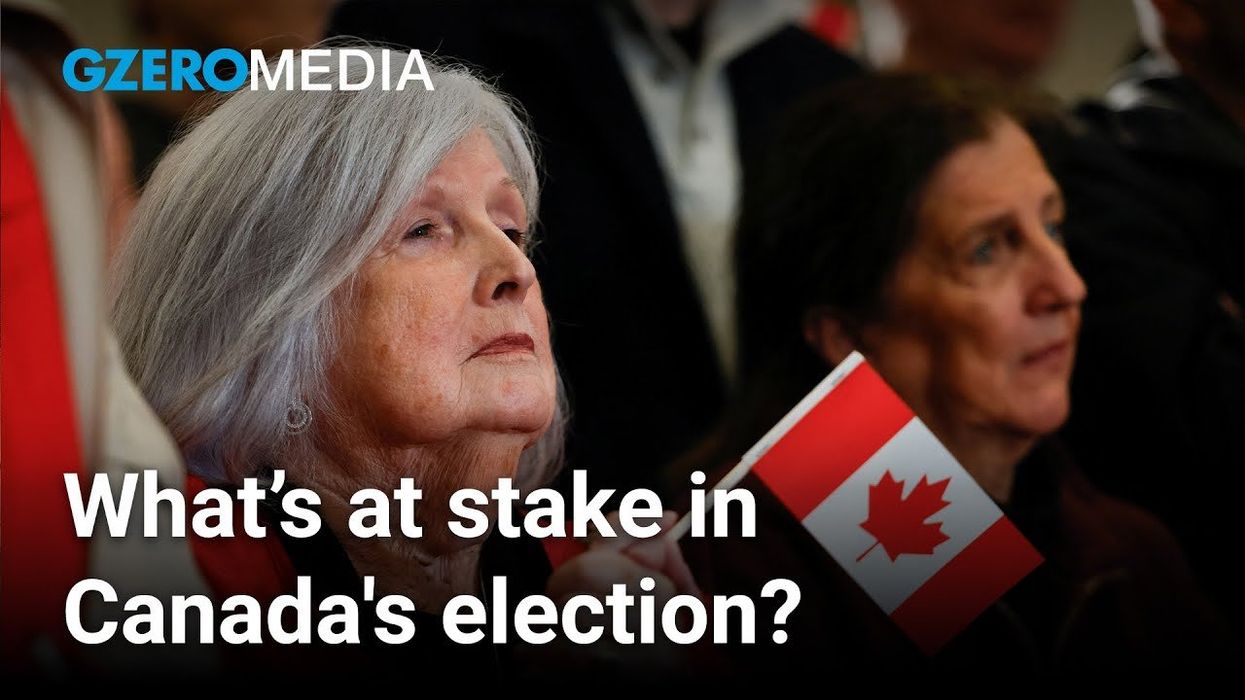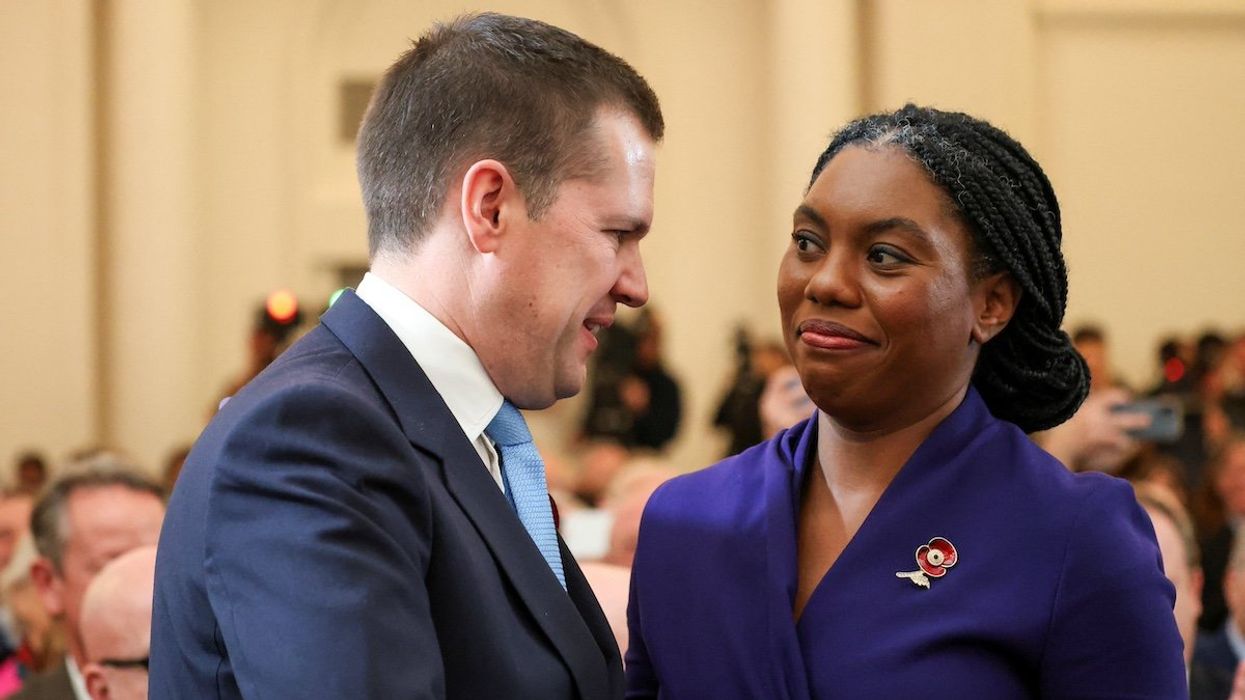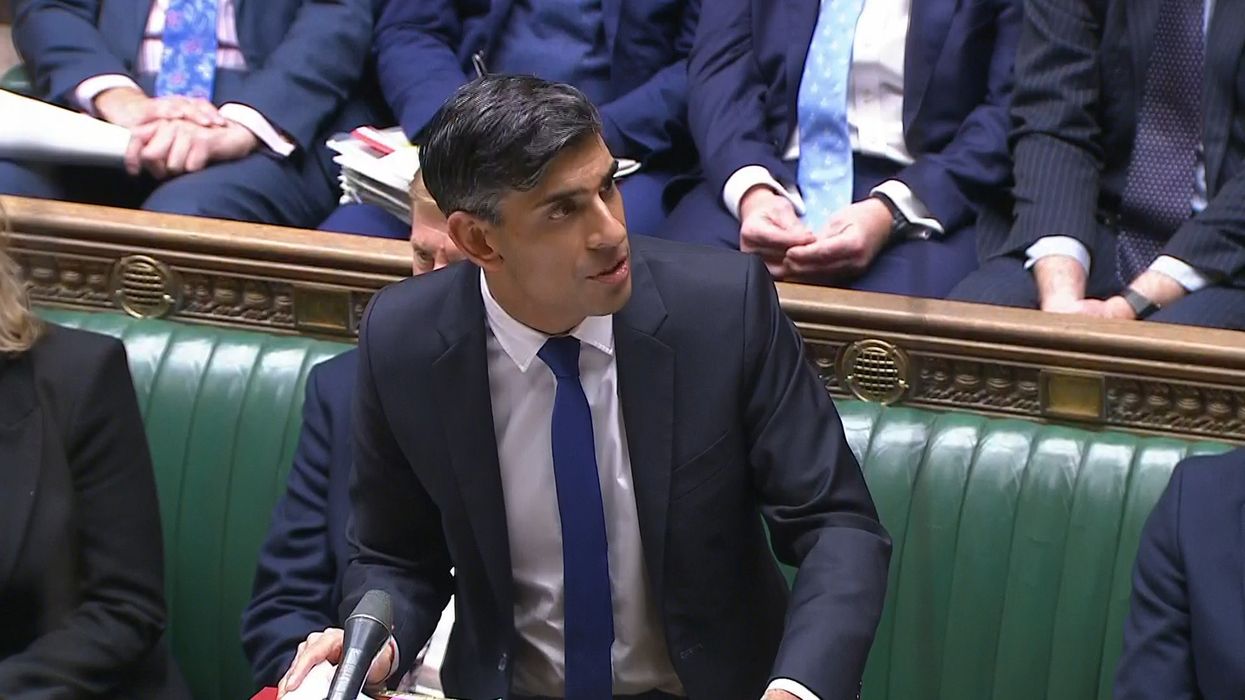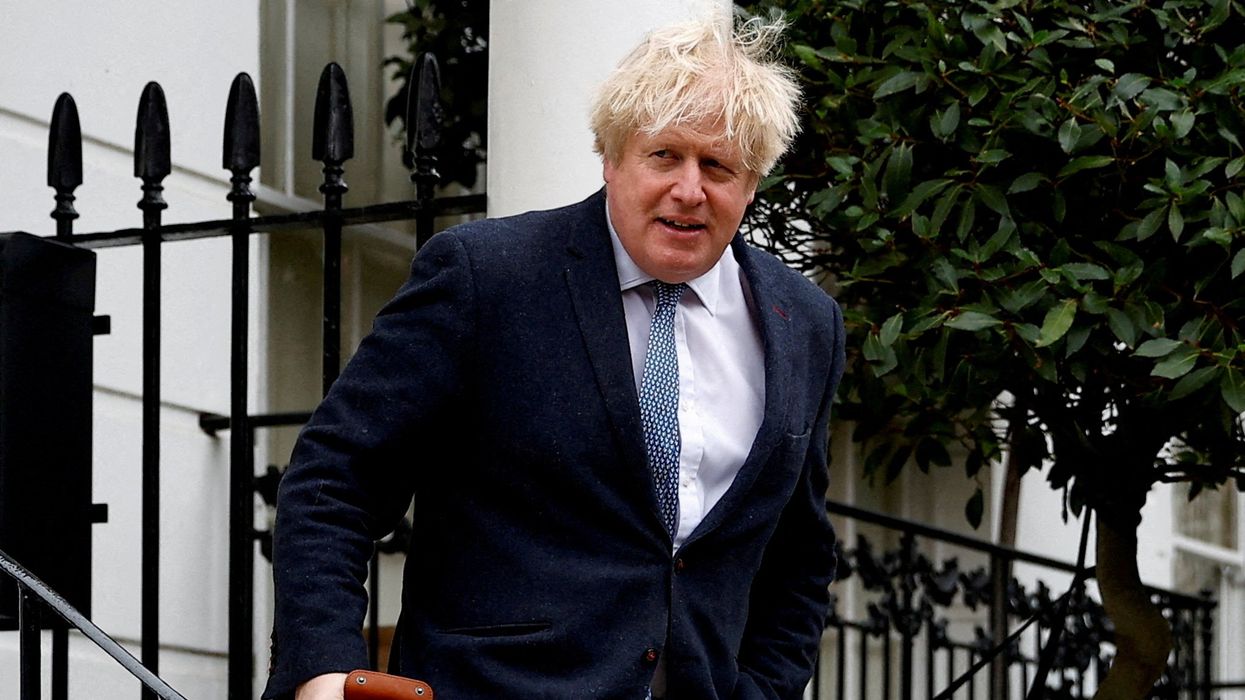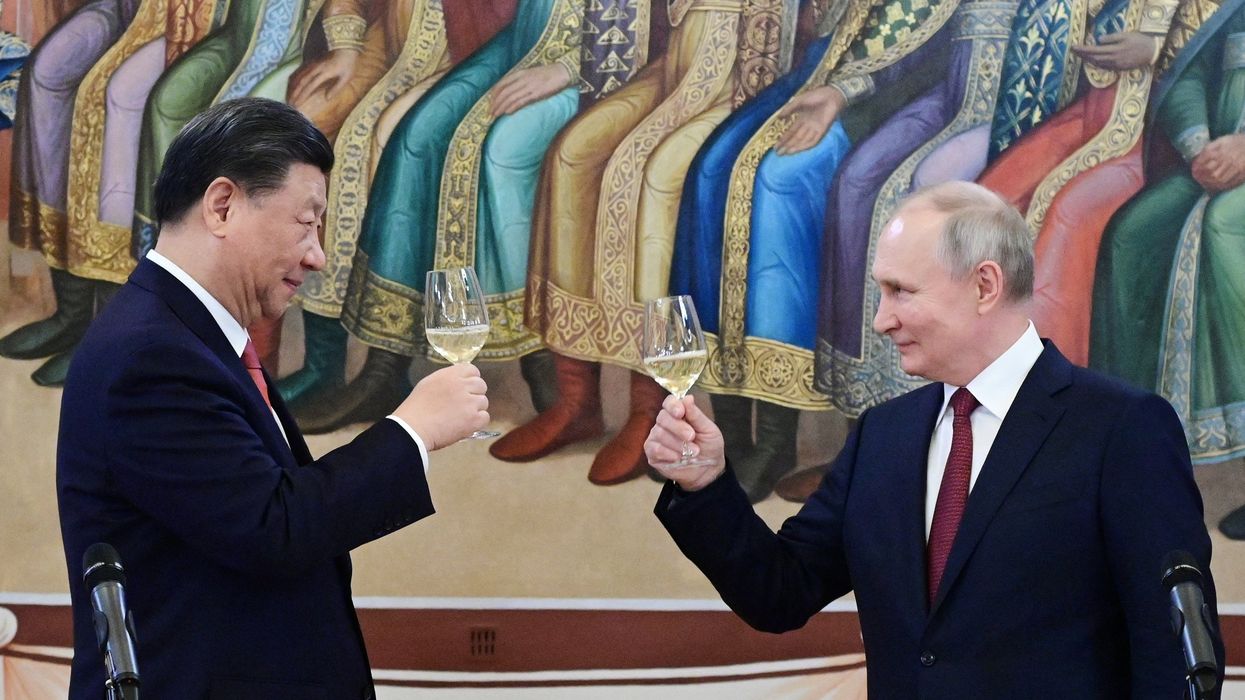GZERO North
Smith makes Alberta referendum easier
Alberta Premier Danielle Smith tabled a bill on Tuesday that will make it easier for voters in her province to force a referendum to secede from Canada. The bill could theoretically clear the way for the province to become the 51st state.
May 01, 2025

